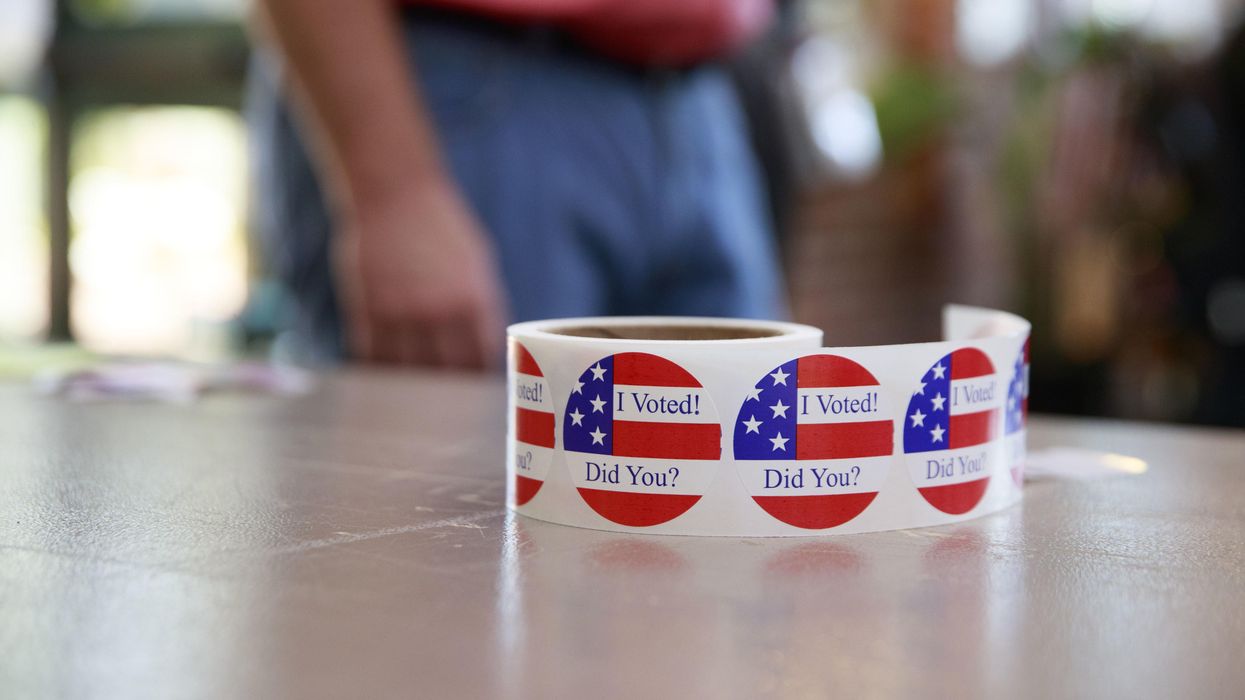If there were a silver bullet for democratic reform, you think we would have found it by now. With countries around the world experimenting with various forms of democracy for decades, if not centuries, surely we would have unlocked the cheat code to a representative and responsive government. Instead, democracy is in constant flux and in need of perpetual reform because the rest of the world is as well — technology jumps, the economy shifts and people move. Democracy, though, can and must still progress. And, thankfully, it has. That progress has been through the steady adoption of reforms that make bolder steps possible down the road.
The issue is that democratic reformers like to think in leaps, rather than steps. In the rush to make progress, sometimes reformers champion their partial solution to the detriment of solving the larger problem. The biggest advocates of plastic straw bans of course care more about fighting climate change rather than how people slurp. But, in putting their solution ahead of the problem, these advocates were left flatfooted when an unanticipated issue occurred: climate skeptics responding so strongly to this small change that they became even less likely to support larger, more necessary reforms to our climate crisis.
Regardless of which straws you use, you have surely noticed the lack of competition in our elections. It's a problem with no single solution. As a result, reform camps have formed — each fiercely defensive of their idea being the best path forward, regardless of whether it's a leap or step. There are the campaign finance reform folks. And the term limit fanatics. And the crusaders for their preferred version of voting reform.
Among these various electoral reform ideas, one small step has emerged that, if implemented, can make future leaps possible. That small step is open primaries. The incremental step of simply making all candidates compete in one primary that's open to all parties will not immediately revive our democracy. However, open primaries can open the door to enough progress that a domino of reforms can be triggered.
Open primaries should be prioritized because they can engage a group of voters that's essential to all later reforms: independents. These voters form an increasingly larger share of our electorate yet, in many states, are denied full participatory rights as partisan voters.
Open primaries can fix this issue by giving every voter the same stake in the future of our democracy. With that sense of empowerment, these voters will become more likely to back future democratic improvements. Voting has long been identified as an entryway to political engagement. In the electoral reform space, open primaries represent the simplest path to this basic level of inclusion. Other reforms may do this as well but typically involve other changes that may diminish the likelihood of popular adoption.
It's the simplicity of open primaries that makes this reform a necessary step, rather than a long-term endpoint. In other words, an open primary system — by inviting independent voters into our democracy and reform movements — is the horse that can bring a cart of electoral reforms into the realm of possibility.
A common fear among reformers is that you only get one bite at the reform apple — as if the perpetual engine of democratic innovation will suddenly stall. That's never been the case nor will it be. Our world is too chaotic to think that voters will ever tire of imagining new ways to make our democracy better. Open primaries form the sort of simple step forward that can lead to bigger changes, which is why broad support for this solution is so important.


















 "On the Frontlines of Democracy" by Nonprofit Vote,
"On the Frontlines of Democracy" by Nonprofit Vote,

Trump & Hegseth gave Mark Kelly a huge 2028 gift